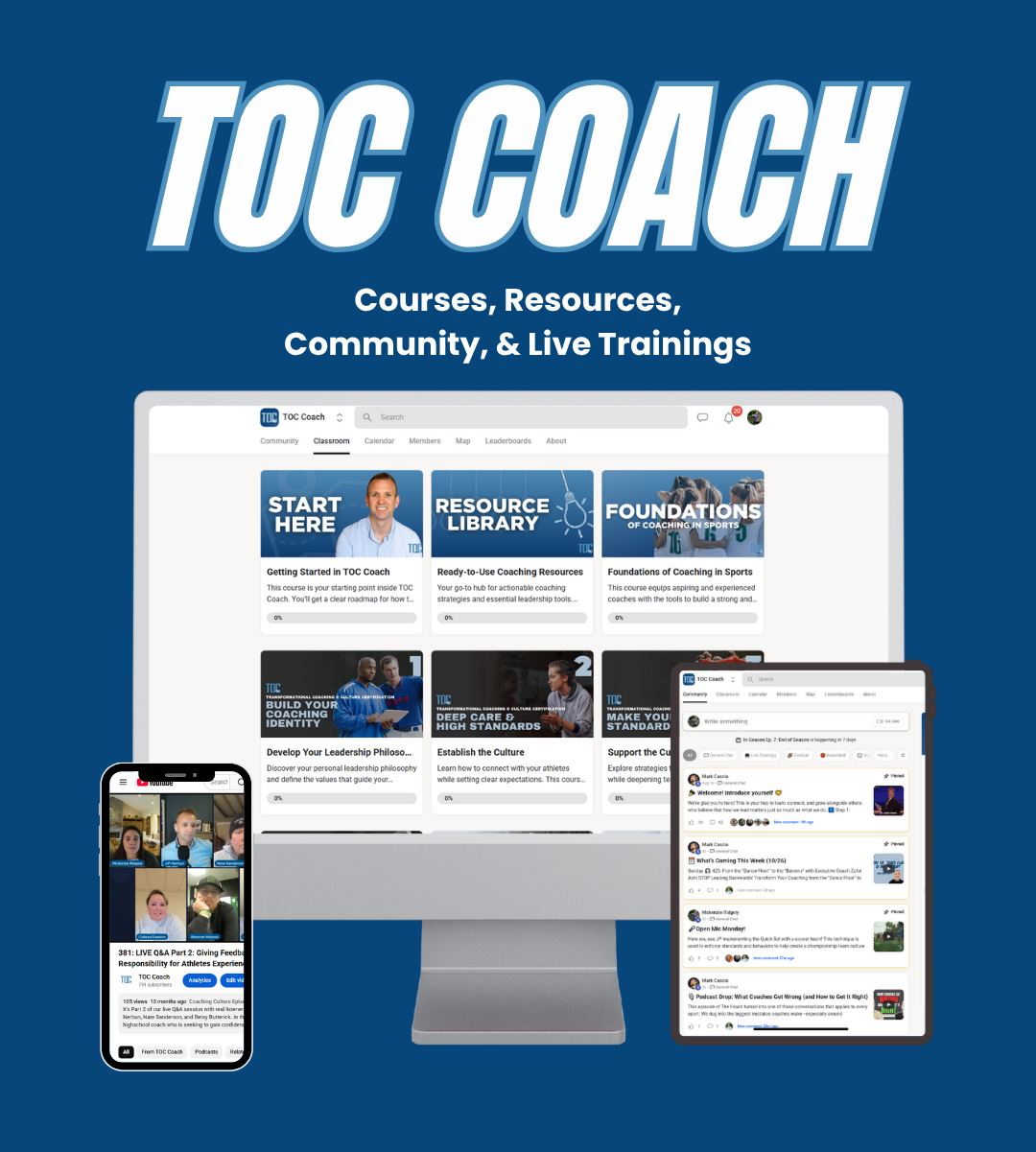The In-Between
“Don’t waste your time between the circles!”
The voice bellowed from the sideline, imploring players on both teams to haul ass to the other end. As a general rule of thumb in the game of basketball, nothing useful happens between the circles. It’s merely a passing through - a moment separating one team’s opportunity to score from the next. One possession ends, a new one begins. The faster you can transition from one end to the other - the better you will be.
The point is not to linger in the in-between. Interestingly, we often approach transitions in life the same way. A thing comes to an end, a new thing begins. Jobs change, relationships come and go, one season becomes the next. Beginnings often overlapping endings, a life in constant motion as we swing from one monkey bar to the next without a moment in-between.
As life has its way with me, I am reluctantly becoming more familiar with this in-between, a place author William Bridges calls “the lostness.” Some traditions go so far as to call it a “nonplace” where dreams of once longed for things are laid to rest that something new might take its place. Here a man may stand “face to face with his existence,” free to shed an identity that no longer fits to find himself anew.
Pretty heady stuff to a guy who just wanted to coach ball.
And yet here I am in this strange land of the “not yet.” Reluctantly standing by as the basketball season prepares to begin without me, a bit unsure of my orientation to the world or my role in it. For the first time in my adult life, a non-participant in the game I have grown to love. The desire to rush to the next thing is ever-present, if only I knew what that was to be. Though the waiting, the listlessness, is terribly disconcerting, Bridges claims there is value to be found in the in-between for those willing to look.
Endings sometimes open the door to new activities and new achievements that were impossible when you were under the spell of old dreams. Carried free of the old conflicts and confusions of trying to make it, and carried out into clear water of self-knowledge and service, many people find at last what they were meant to do and to be.
Transitions can be funny in this way - they aren’t always brought on by dramatic changes in life. Sometimes there are subtle moments, endings to things we did not see at the time, that begin to provoke a questioning in our soul. While circumstances may not have changed as abruptly as mine have, there are times when something feels off that we can’t quite put our finger on. We begin to wonder if what we do at work really matters, or a once-strong relationship begins to drift apart. You might have thought to yourself, “I’m just not sure I can reach the kids like I used to.” Sometimes transitions happen within us whether we realize it or not.
I do not have a road map to navigate this foreign land of the in-between, but I am leaning into this insight from Bridges in his book Transitions:
Endings must be dealt with if we are to move on to whatever comes next in our lives. The new growth cannot take root on the ground still covered with the old habits, attitudes, and outlooks, because endings are the clearing process.
I am beginning to realize that life is really the culmination of one transition after another - most are subtle - all have their effect on who we become.
Our society loves new beginnings. We are not so good with proper endings. The latter precipitates the former in ways I never fully understood. How quickly I moved on from one season to the next - always looking ahead - rarely taking the proper time to honor and appreciate the experience we shared with a team that will no longer exist again.
I have done this with most things in my life - always moving on without giving much attention at all to that which has ended. Such is a life of perpetual motion now ground to a stop.
As I linger in the mystery of the in-between, I can only hope that I will become, in the words of Robert Frost, “Lost enough to find myself.”
Food for thought.
Nate Sanderson can be reached at
[email protected]
References:
Transitions by William Bridges (2019)



